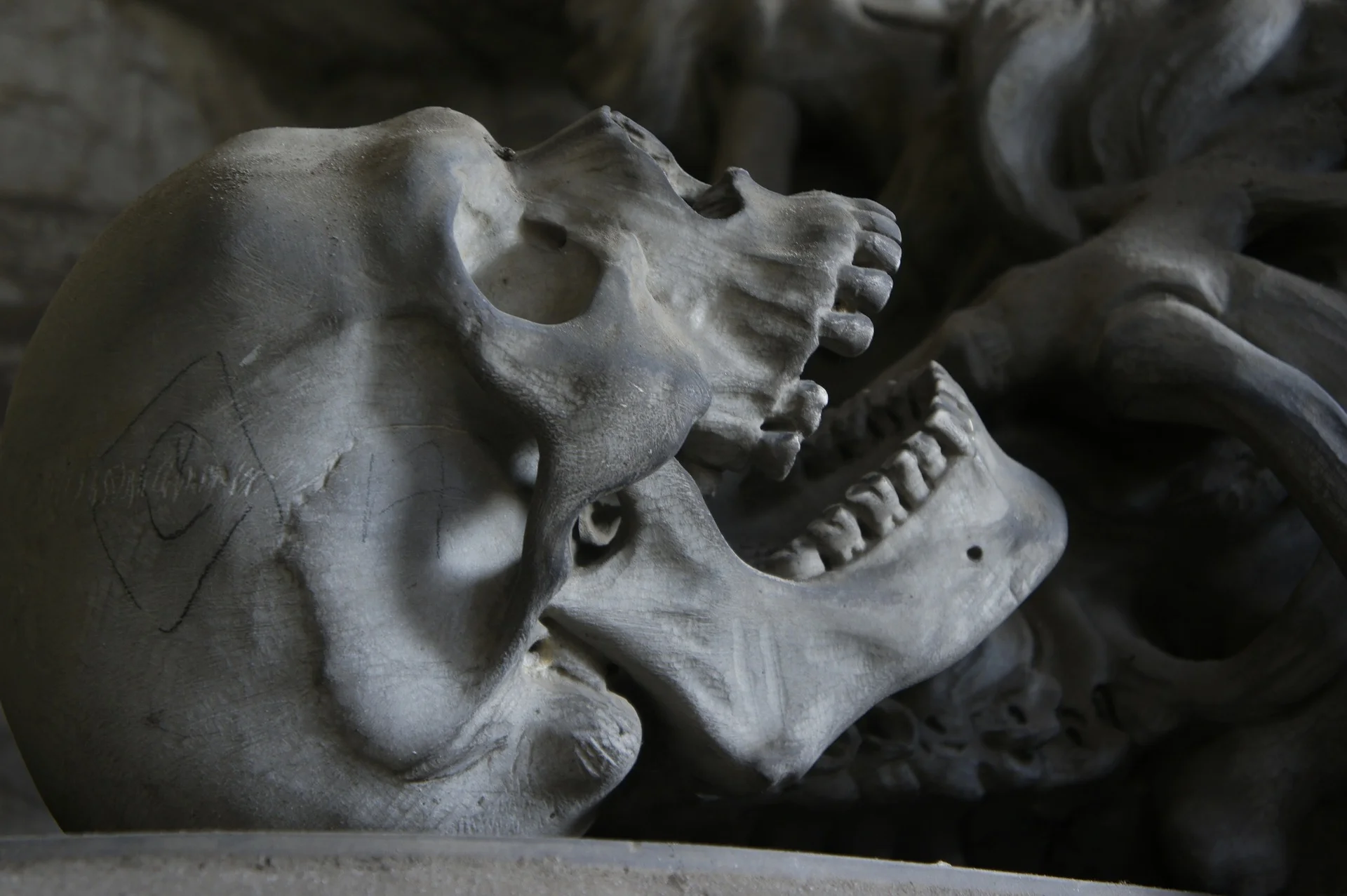Do We Really Mean It?
I’ve been mulling over 1 Timothy 1:15.
“The saying is sure and worthy of full acceptance, that Christ Jesus came into the world to save sinners. And I am the chief of sinners.”
If you are in the ministry and have watched colleague after colleague “bite the dust” for sins that may well have been of their own doing—tho’ the pastor is not always to blame—then you have probably witnessed unforgiving Christians and unforgiving churches and unforgiving “processes.” You have probably seen ministers labeled and punished and blackballed and (the verb today is) “thrown under the bus.”
Unforgiveness, especially of pastors and ministers, is rife on the ground. It’s not just the “church” (which I now like to put in quotation marks, since the true Church, of the New Testament, seems pretty far removed, in practice, from the “institutional church”).
But it’s also the world that is unforgiving.
And boy is it ever! Get accused of anything that’s unfashionable in a given moment—and these things change “tout constamment” (Smokey Robinson & The Miracles. “My Baby Changes Like The Weather.” 1965)—and you’re a goner. That is a gift, in part, of the Internet. But I repeat, unforgiveness is today stretched over us—“church” and world—like a great “Logan’s Run” tent. “His Banner Over Me Is Love”—NOT!
Someone was saying that there should be special rules of accountability for wayward clergy, at least if they want back in. (Let’s assume their motive is altruistic in wanting to serve again, and not greedy or “power-hungry”/publicity-hungry.) They have suffered, they got eviscerated, but their call still holds. Their call STILL holds.
That’s when I see the “church” chaining a five-ton anvil around their necks, of “process” and “steps” and supervision. The “church” says, “Oh, fallen clergy are a special case. Their rehabilitation needs to be long, complex, and demanding.”
Believe me; one sees this all the time and in every denomination and Christian body. Haven’t you? Haven’t you heard the argument that members of the clergy require stronger cages, stronger barriers against recidivism, stronger certainties and pledges of future good behavior?
This is all wrong! (And it makes you want to become a Quaker.)
St. Paul wrote that he was “the chief of sinners.” And he wrote these words in 1 Timothy 1:15 late in the game. (Oh yes, and the world of New Testament scholarship wants to say that 1 Timothy 1:15 is ‘Pseudo-Pauline.’ Fat chance! If 1 Timothy 1:15 were Pseudo-Pauline or post-prandial Pauline, would the writer/s have left it in about their hero being “the chief of sinners”? No way—at least if these people’s other supposed rules concerning “redaction” are true—No, St. Paul wrote 1 Timothy 1:15. Or maybe Jesus wrote it. He could have, you know!)
I was looking at Raphael’s painting of St. Paul preaching at Athens. Raphael the chief of painters portrayed St. Paul, the chief of sinners.
And St. Peter denied Christ thrice! And on the beach, too, after Christ had risen from the dead.
So you tell me that a human being who is called by God into the ministry can’t be forgiven, and recalled to service? While in Peter and Paul’s cases, they became the 2000-year image of apostleship that is forever (in painting at least) depicted on the right hand and the left hand of the Cross. I mean, have you been to a Renaissance church in Europe recently?
You wish to tell me there is some sort of special “character exam” for a minister, as opposed to any other fallen man or fallen woman? (Praise God for George Fox—come on!)
What are you saying? Where are you coming from? Are you the Grand Inquisitor, that you wish to re-erect what Christ has taken away?
“Hey, Torquemada. Whaddaya say?
I just got back from the auto-da-fé.
Auto-da-fé, what’s an auto-da-fé?
It’s what you oughtn’t to do, but you do anyway.”
(Mel Brooks. “The Inquisition.” History of the World: Part I. 1981)
I say to you, “way to go Ohio.” (The Pretenders, 1984)
And may I just add, by way of conclusion, that we are all the same. You and I are all the same. Christ came, and died, in order to level the playing field. There is no special class of sinners in the real Church. We are all it.
Please read 1 Timothy 1:15 again. Then sit down.
Then if it ever happens to you, if you ever get side-swiped and knocked down and thrown down and thrown out, remember the words of Jimmy Webb:
“Please don’t think that you are one among the few.
I’m different just like you.”





